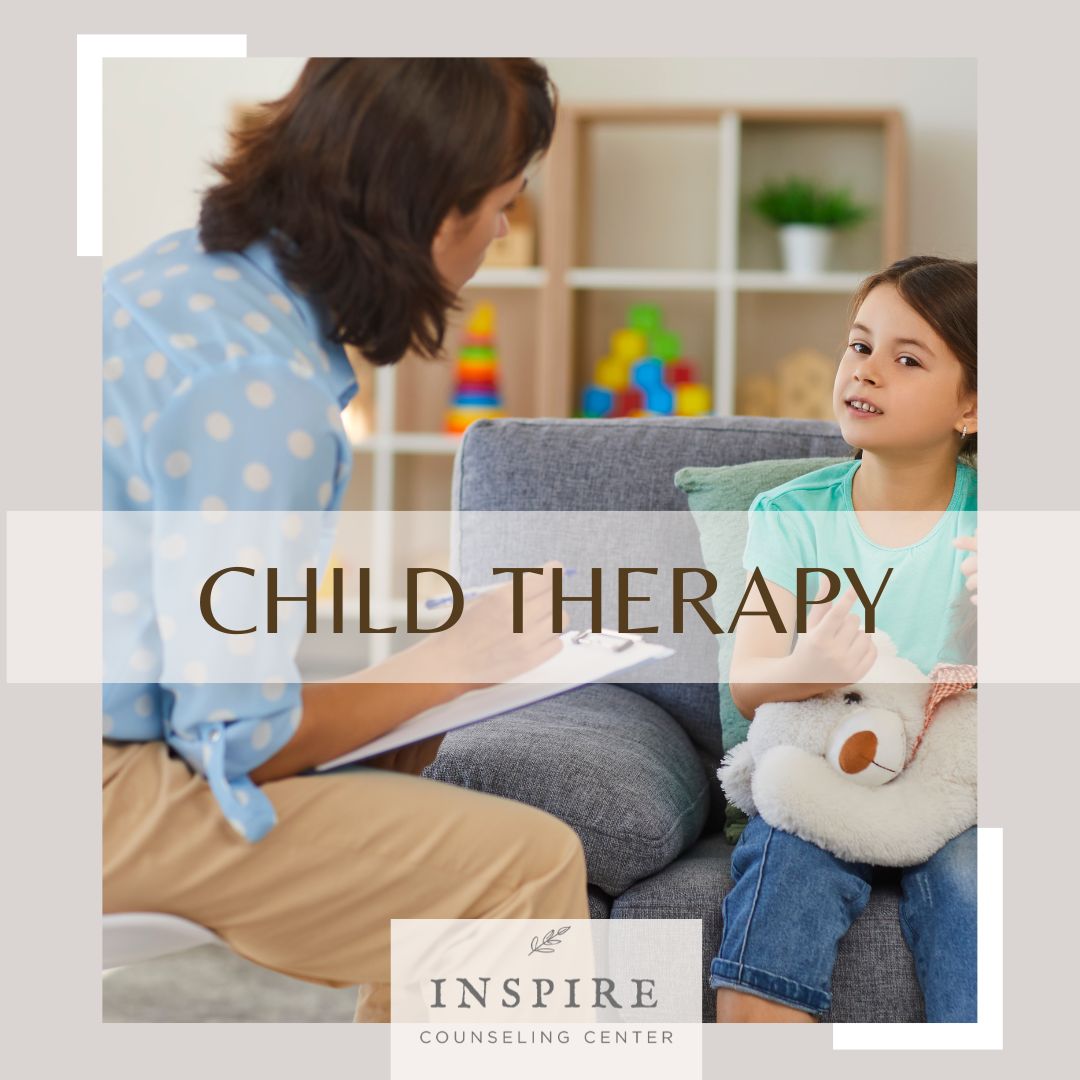Child & Play Therapy
Few things are harder than watching your child struggle. We get it. We’re glad you’re here.
You would do anything to solve their problems, but you know you can’t. You also know they need valuable life-skills, tools and support so they can cope with life’s challenges ahead.
When a child struggles, it impacts everyone in the family. Most of all the parents. It can be such a helpless feeling, but you are looking in the right direction. Getting trained, professional support can make such a difference–not only in your child’s life, but your whole families.
How do you know if counseling is right for your child?
If your child is showing signs of sadness, irritability, difficulty controlling impulses or behavior, fighting you for screen time, trouble paying attention or staying focused. If you’re noticing they are having trouble with friendships, feelings of hopelessness, anger, overreacting. If they worried or afraid of things like throwing up, getting a “low grade” on a test, fainting, flying, etc. Maybe something just feels “off” to you and you can’t put your finger on it? If so, you are in the right place.
A good rule of thumb: When in doubt, check it out.
The counseling process is designed to help empower you as a parent and give support and strategies for your child. Together, with your support at home and the therapist’s support in sessions, your child will learn tools to help them thrive at home, with friends, and in school.
It is very possible for your child to feel confident, free of worry, make healthy friendships and enjoy their childhood, as they deserve. Give us a call and we can develop a custom plan for your child. You want your child to enjoy their life and thrive. We do too!

